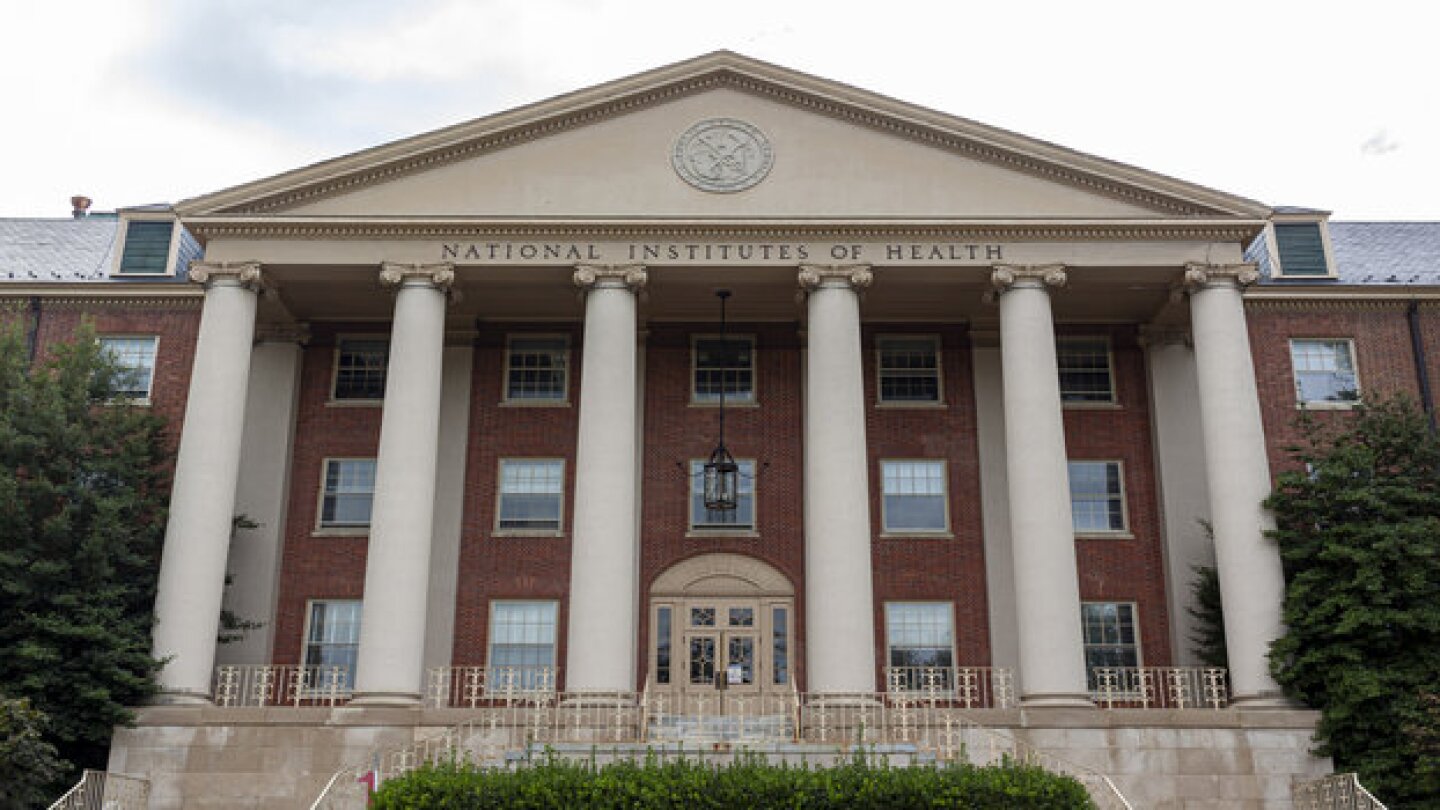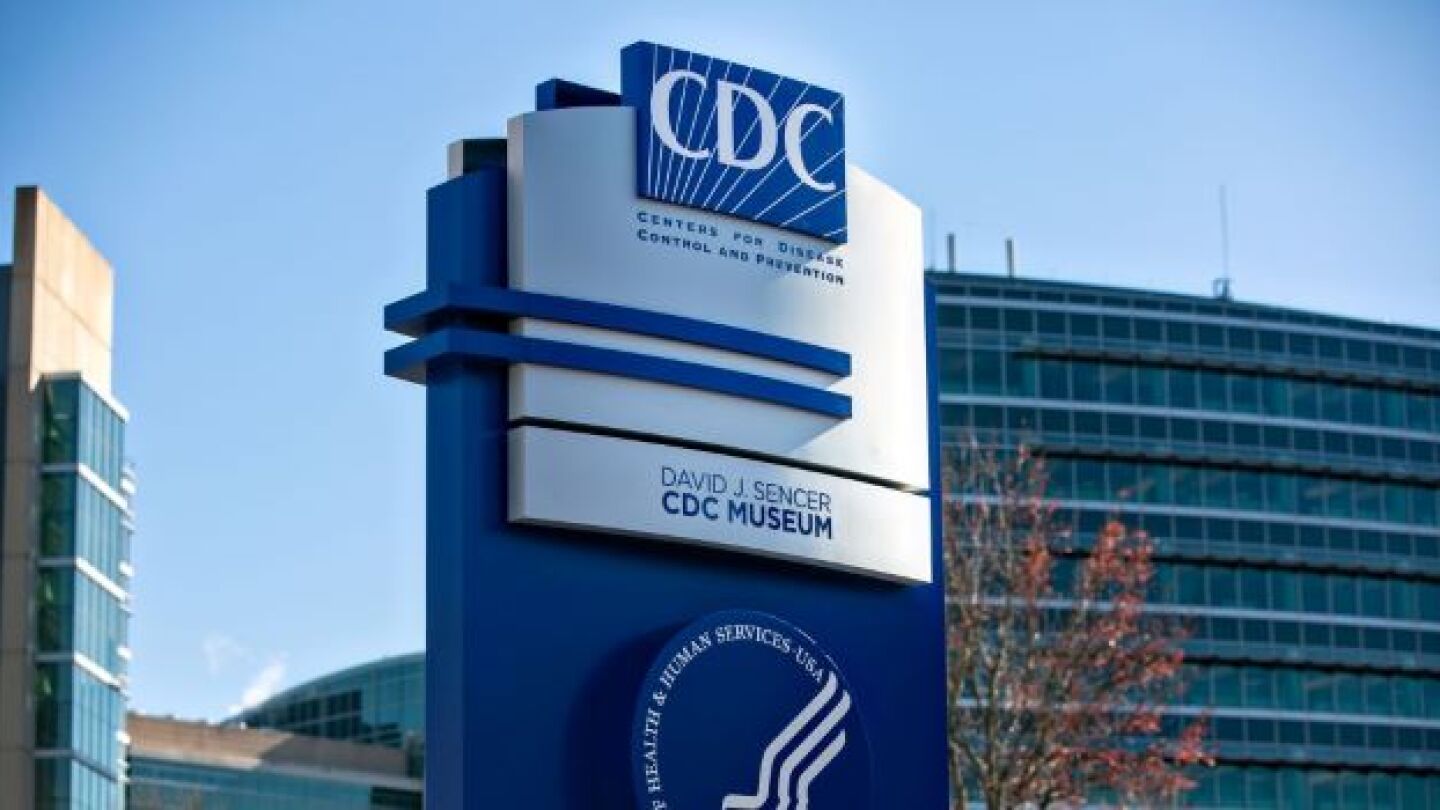Healthcare
Thousands of employees across the Department of Health and Human Services are set to lose their collective bargaining rights in a move that American Federation of Government Employees national president Everett Kelley called “illegal and immoral.”
An open letter signed by more than 50 industry executives blasts a “fundamentally, fatally flawed” report that urges greater restrictions on the abortion pill.
The Supreme Court last year blocked a previous settlement proposal from Purdue, arguing that the plan would afford the Sackler family too much protection.
Robert F. Kennedy, Jr.’s recent disclosures have revealed several potential conflicts of interest, including investments in two biopharma companies.
According to the World Health Organization, GLP-1 receptor agonists are currently being used in a highly medicalized manner. Healthcare systems need to enact more holistic solutions, focusing on health promotion, disease prevention and policy interventions.
Trump is rounding out his health cabinet with another controversial figure: one of the authors of the Great Barrington Declaration, which advocated for herd immunity through infection during the COVID-19 pandemic.
Analyst reactions to Donald Trump’s election victory were mixed Wednesday, with potential positives including an FTC that is likely to be more friendly to M&A, and negatives including concerns about what role Robert F. Kennedy, Jr. might play in healthcare.
While the regulator has not approved their use in type 1 diabetes, off-label prescribing for GLP-1 receptor agonists has sharply increased, according to researchers, who warn about the risk of serious side effects such as ketoacidosis.
The CDC’s Advisory Committee on Immunization Practices on Wednesday backed the use of Merck’s Capvaxive and Pfizer’s Prevnar 20 in adults between 50-64 years of age, opening a bigger market for the respective companies.
Sanofi will sell a 50% controlling stake in consumer healthcare unit Opella to private equity firm CD&R, with the French government taking a stake as well to ensure the business remains in the county.
PRESS RELEASES










